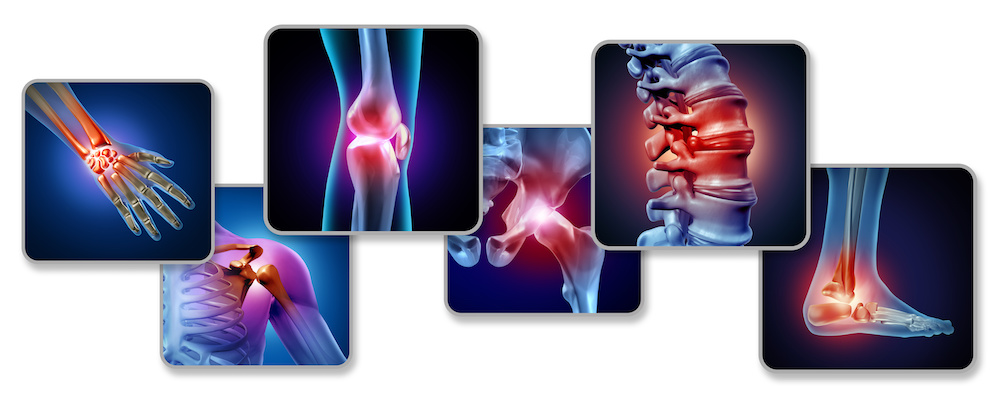Pain. It's not exactly something we go looking for, is it? In fact, our natural instinct is to avoid it at all costs. Who wants to experience discomfort or suffering if they can help it?
You see, pain isn't just some random nuisance—it's actually a vital form of communication that our bodies have developed over millions of years of evolution. It's like a built-in alarm system, carefully designed to grab our attention and direct it towards areas that need some TLC to keep our entire system running smoothly and for the long haul.
Think about it this way: imagine if you couldn't feel the bone-chilling cold of winter, the searing heat of a stove, or even the irritating presence of a tiny pebble in your shoe. What might seem like minor discomforts could quickly escalate into serious problems if left unchecked. That's the power of pain—it's a warning sign, a signal from your body saying, "Hey, pay attention here!"
But here's the twist: pain doesn't have to be your enemy. Sure, it might not be the most pleasant sensation, but it's trying to tell you something important. Instead of fighting against it, why not try making pain your friend? With a little guidance, you can learn to listen to what your body is trying to tell you and, more importantly, how to respond in a way that helps alleviate it. Without adequate education, you may find yourself trapped in a cycle: avoiding movement, which leads to poor circulation, increased inflammation, and heightened pain, thus perpetuating the cycle of avoidance.
So let's change our perspective on pain. Instead of seeing it as something to be feared or avoided, let's embrace it as a helpful messenger—one that's looking out for our best interests. Together, we can learn to navigate the complex language of pain, knowing when to heed its warnings and when to take steps to make it go away. After all, when you understand pain, you're better equipped to take care of yourself and live a healthier, happier life.
Pain is inevitable, suffering is not.
~ Henepola Gunaratana
